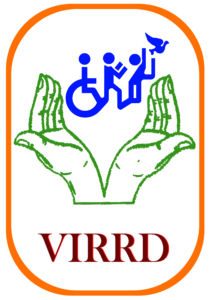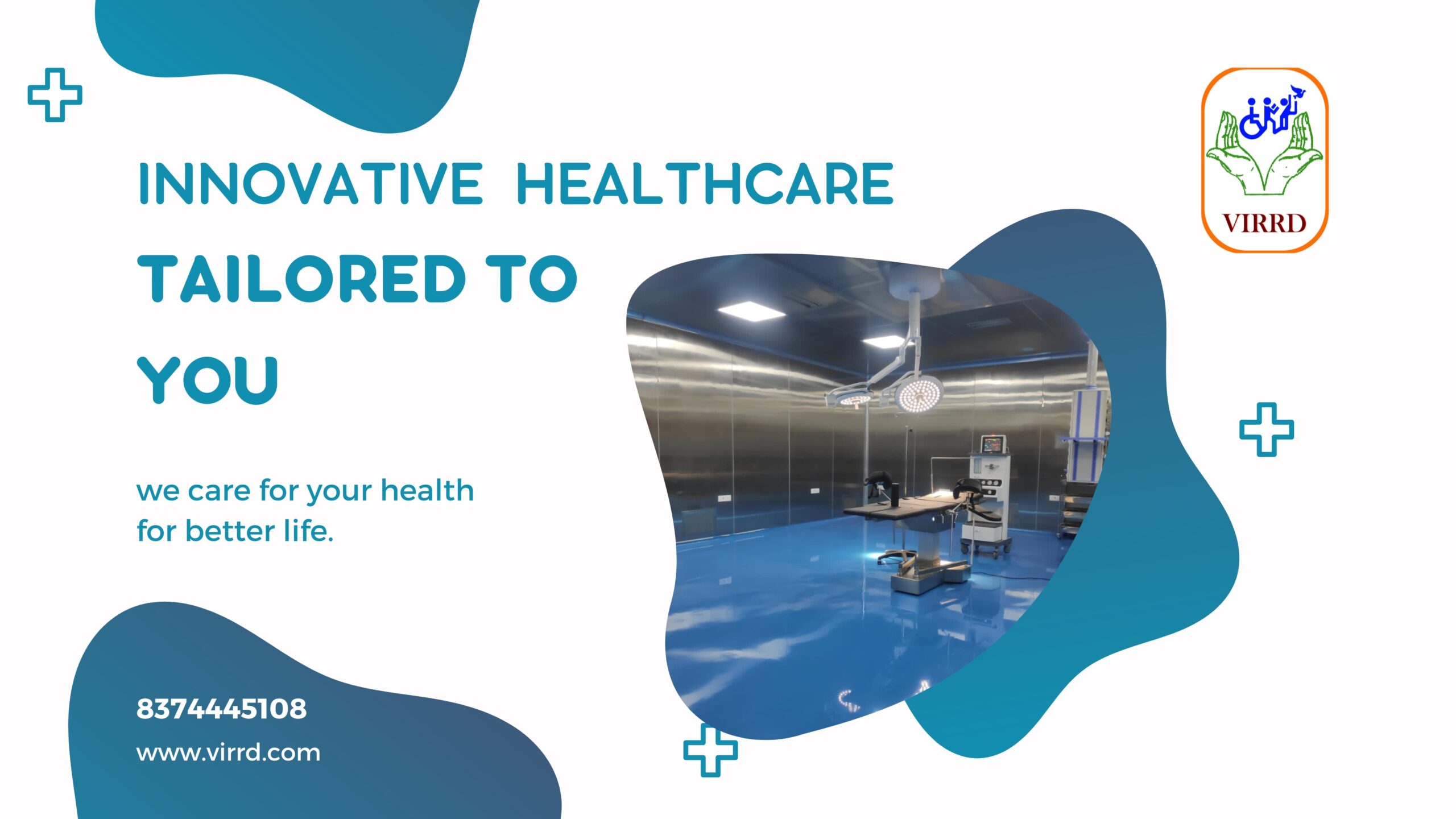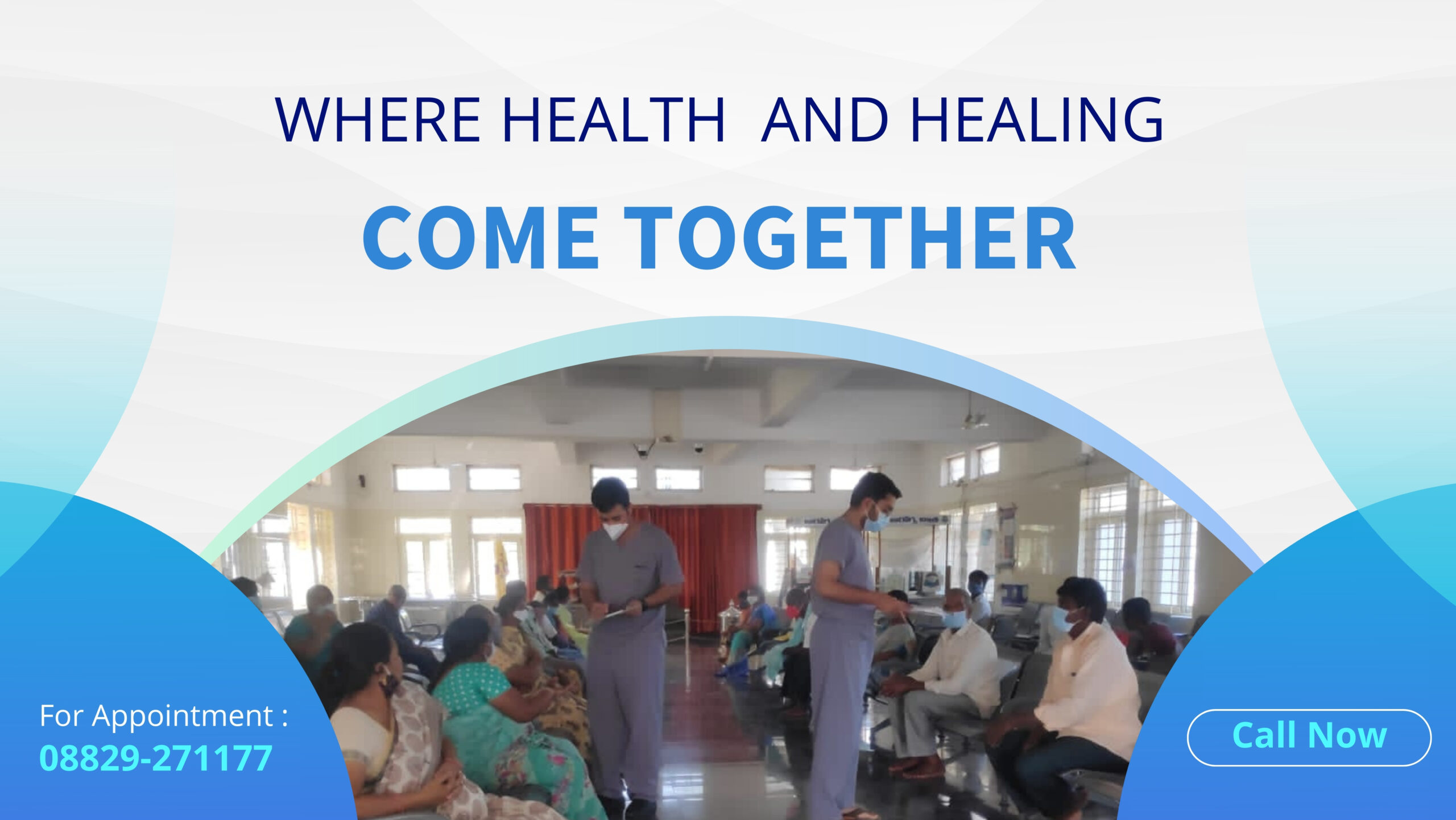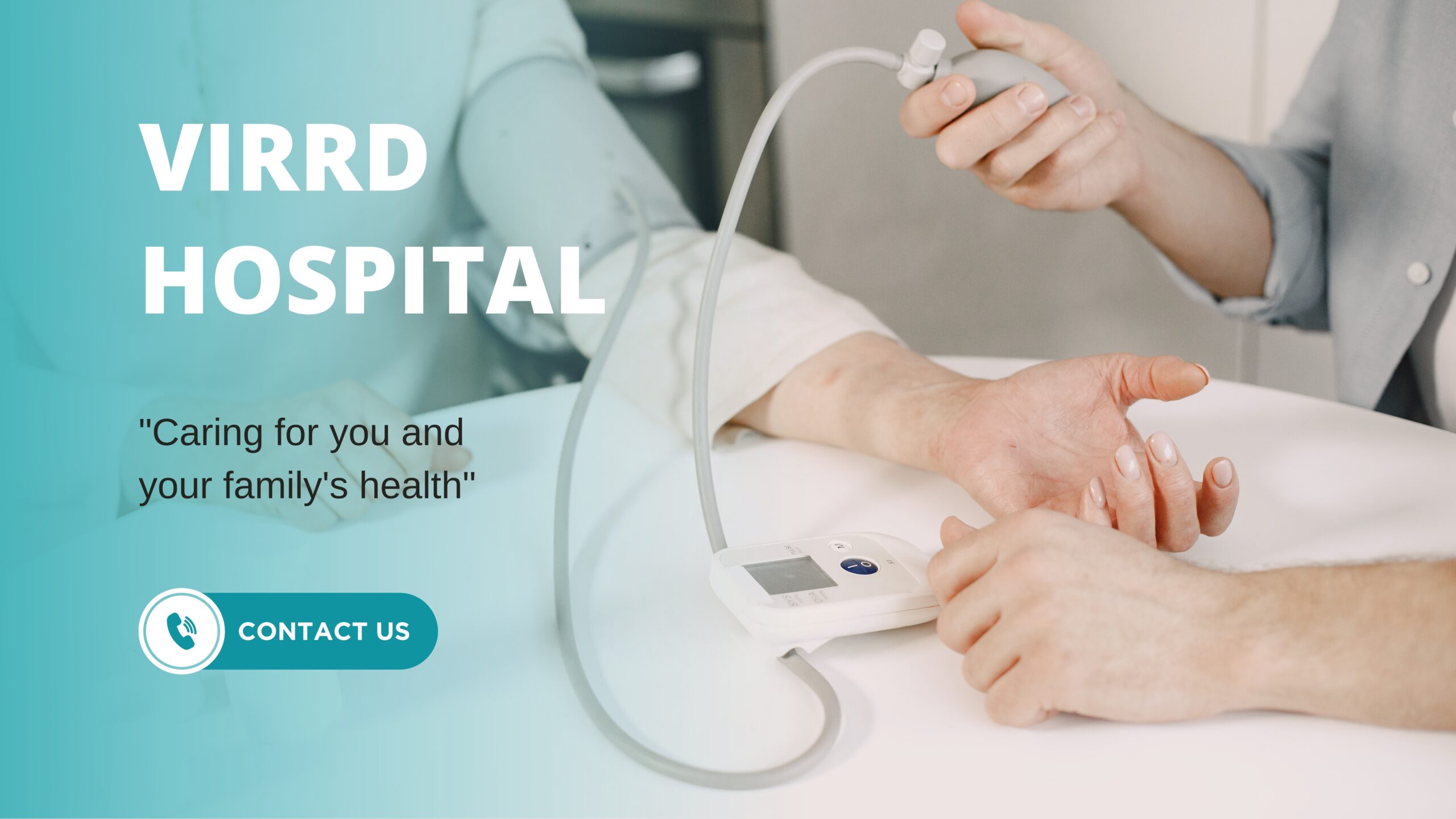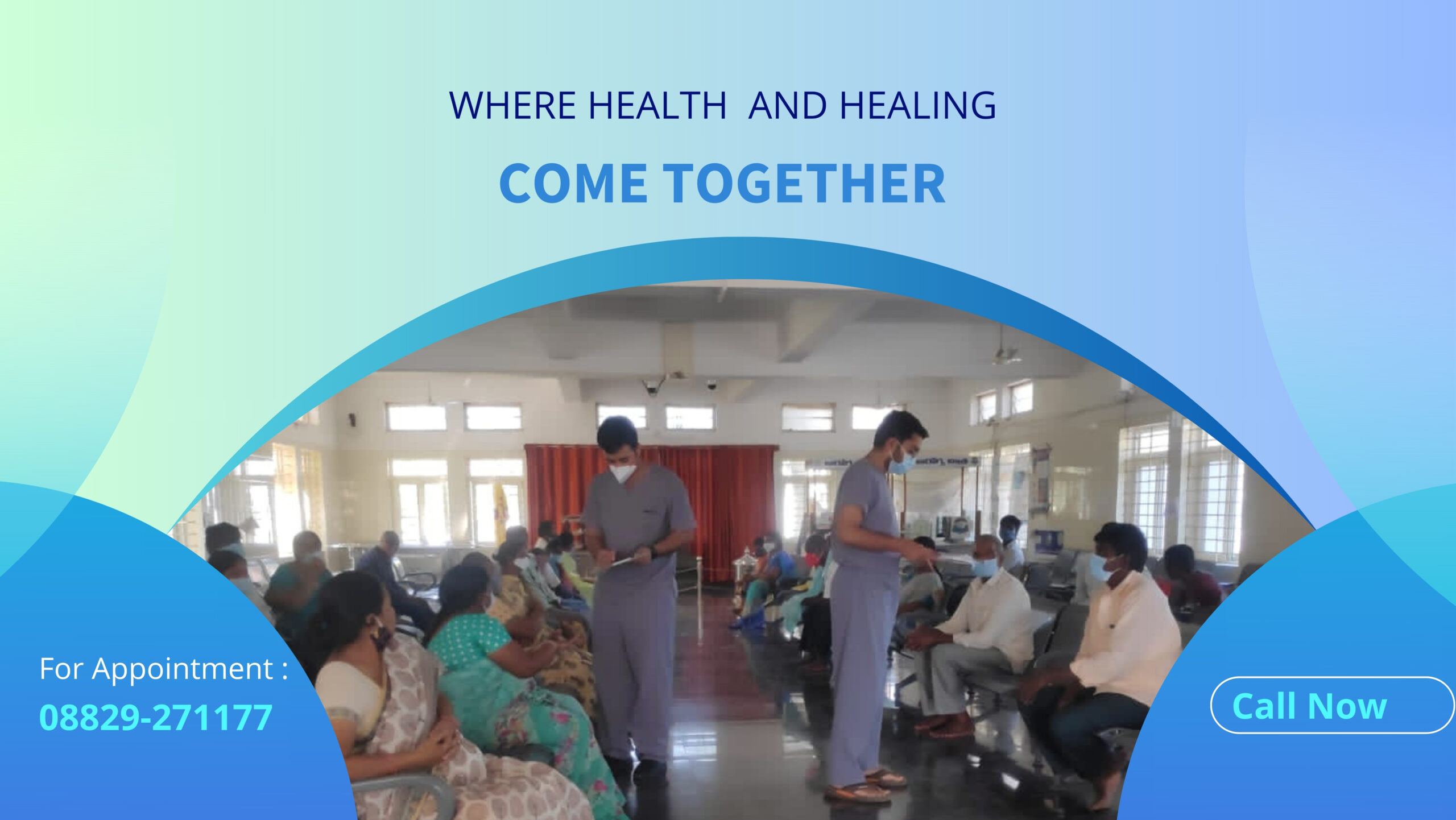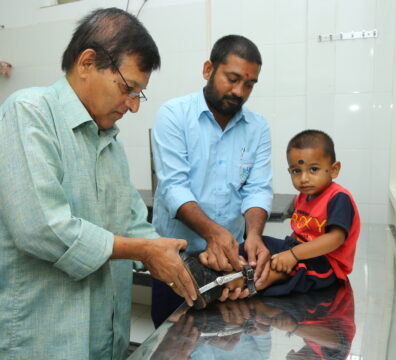Specialties @VIRRD
Pulmonology: Breathing Easy, Living Fully
- Introduction to Pulmonology
- Diseases and Conditions
- Treatments and Surgery’s
At VIRRD Hospital, our Pulmonology Team is dedicated to providing comprehensive care for patients with respiratory conditions. Our team of experienced pulmonologists and respiratory care specialists is committed to delivering exceptional diagnostic, treatment, and management services using the latest advancements in pulmonary care.
Expert Pulmonologists: Our Pulmonology department is staffed by highly skilled and experienced pulmonologists who specialize in the diagnosis and treatment of various respiratory disorders. With their expertise and knowledge, they provide personalized treatment plans tailored to each patient’s specific condition and needs.
Comprehensive Respiratory Care: We offer comprehensive care for a wide range of respiratory conditions, including asthma, chronic obstructive pulmonary disease (COPD), respiratory infections, interstitial lung diseases, sleep disorders, lung cancer, pulmonary hypertension, allergic respiratory disorders, occupational lung diseases, and more. Our goal is to provide accurate diagnoses, effective treatments, and ongoing management to improve patients’ respiratory health and overall well-being.
Advanced Diagnostic Capabilities: At VIRRD Hospital, we have state-of-the-art diagnostic facilities that enable us to accurately assess and diagnose respiratory conditions. We utilize advanced imaging technologies, pulmonary function tests, bronchoscopy, and other specialized procedures to provide precise evaluations and guide treatment decisions.
Collaborative Approach to Care: We believe in a collaborative approach to patient care. Our pulmonologists work closely with other specialists, such as allergists, thoracic surgeons, and critical care physicians, to ensure comprehensive and coordinated care for patients with complex respiratory conditions. This multidisciplinary approach allows us to provide personalized treatment plans and optimize patient outcomes.
Patient Education and Support: We prioritize patient education and support to empower individuals in managing their respiratory health. Our pulmonologists and healthcare professionals provide guidance on disease management, lifestyle modifications, inhaler techniques, smoking cessation, and self-care strategies. We also offer resources and support networks to help patients and their families navigate their respiratory health journey.
At VIRRD Hospital, we are dedicated to delivering the highest quality of care in Pulmonology. Our commitment to excellence, advanced technologies, and patient-centered approach make us a trusted choice for respiratory health needs. Whether you require diagnostic evaluations, treatment interventions, or long-term respiratory management, our team is here to provide compassionate care and support at every step
Common Diseases and Conditions Treated in Pulmonology:
- Asthma: A chronic respiratory condition characterized by inflammation and narrowing of the airways, leading to recurrent episodes of wheezing, coughing, and shortness of breath.
- Chronic Obstructive Pulmonary Disease (COPD): A progressive lung disease that causes airflow limitation and difficulty breathing. It includes conditions such as chronic bronchitis and emphysema.
- Respiratory Infections: Pulmonologists diagnose and treat various respiratory infections, including pneumonia, bronchitis, tuberculosis, and respiratory syncytial virus (RSV) infections.
- Interstitial Lung Diseases: These are a group of lung disorders characterized by inflammation and scarring of the lung tissue, leading to breathing difficulties. Examples include idiopathic pulmonary fibrosis and sarcoidosis.
- Sleep Disorders: Pulmonologists evaluate and manage sleep-related breathing disorders such as sleep apnea, which involves recurrent pauses in breathing during sleep.
- Lung Cancer: Pulmonologists play a crucial role in the diagnosis, staging, and treatment of lung cancer. They collaborate with oncologists and thoracic surgeons to develop comprehensive treatment plans.
- Pulmonary Hypertension: This condition involves high blood pressure in the arteries that supply the lungs, leading to strain on the heart and impaired lung function. Pulmonologists help manage and treat pulmonary hypertension.
- Allergic Respiratory Disorders: Pulmonologists diagnose and manage conditions like allergic rhinitis (hay fever), allergic asthma, and hypersensitivity pneumonitis triggered by exposure to allergens.
- Occupational Lung Diseases: Pulmonologists assess and treat lung conditions caused by occupational exposures, such as asbestos-related diseases, silicosis, and occupational asthma.
- Pulmonary Embolism: This is a potentially life-threatening condition caused by a blood clot that travels to the lungs, leading to obstruction of the pulmonary arteries. Pulmonologists play a critical role in the diagnosis and management of pulmonary embolism.
- Medications: Pulmonologists prescribe and manage various medications to treat respiratory conditions, such as bronchodilators, corticosteroids, antibiotics, and immunosuppressants. These medications help control symptoms, reduce inflammation, and manage underlying diseases.
- Inhalation Therapy: Inhalers and nebulizers are commonly used to deliver medications directly to the lungs, providing quick relief and targeted treatment for conditions like asthma and chronic obstructive pulmonary disease (COPD).
- Oxygen Therapy: For patients with respiratory insufficiency, oxygen therapy may be recommended. It involves the administration of supplemental oxygen through nasal prongs, masks, or specialized devices to improve oxygen levels in the blood.
- Pulmonary Rehabilitation: This is a comprehensive program that combines exercise, breathing techniques, education, and support to improve lung function, manage symptoms, and enhance overall physical conditioning for individuals with chronic respiratory conditions.
- Bronchoscopy: A diagnostic procedure in which a thin, flexible tube with a light and camera (bronchoscope) is inserted through the nose or mouth to examine the airways and collect samples for biopsy or culture. It helps in the evaluation of lung infections, tumors, and other abnormalities.
- Thoracentesis: A procedure to drain fluid or air from the pleural space surrounding the lungs. It is performed using a needle or catheter inserted into the chest to alleviate symptoms and diagnose conditions like pleural effusion or pneumothorax.
- Lung Biopsy: When a lung abnormality or suspected lung cancer is detected, a pulmonologist may perform a lung biopsy to obtain a tissue sample for further evaluation. Different biopsy techniques may be used, including bronchoscopy-guided biopsy or image-guided needle biopsy.
- Pulmonary Function Testing: This series of tests assesses lung function, including lung capacity, airflow, and gas exchange. It helps in diagnosing and monitoring lung diseases, evaluating treatment effectiveness, and determining lung function before surgery.
- Sleep Studies: Polysomnography and other sleep studies are conducted to diagnose and evaluate sleep disorders such as sleep apnea. These studies monitor brain activity, oxygen levels, heart rate, and other parameters during sleep.

Pulmonology FAQs
Unveiling the Answers: Frequently Asked Questions
You should consider seeing a pulmonologist if you experience persistent symptoms such as chronic cough, shortness of breath, wheezing, chest pain, or recurrent respiratory infections. Additionally, if you have a known respiratory condition that requires specialized care, a pulmonologist can provide expert management.
Pulmonologists can help develop a personalized management plan for asthma or COPD, which may include lifestyle modifications, medication management, inhalation therapy, pulmonary rehabilitation, and regular monitoring of symptoms and lung function.
Risk factors for lung cancer include smoking, exposure to secondhand smoke, occupational hazards, and a family history of the disease. Pulmonologists may recommend lung cancer screenings for high-risk individuals using low-dose CT scans to detect potential abnormalities at an early stage.
Yes, pulmonologists often play a significant role in the management of critically ill patients requiring intensive care, particularly those with respiratory failure, acute respiratory distress syndrome (ARDS), or other severe respiratory conditions.
Pulmonologists may order various tests to evaluate lung function and diagnose respiratory conditions. These may include spirometry, chest X-rays, CT scans, bronchoscopy, sleep studies, pulmonary function tests, and blood gas analysis.
Yes, maintaining a healthy lifestyle can help promote lung health. Avoiding smoking or quitting if you are a smoker, minimizing exposure to pollutants and secondhand smoke, practicing good hygiene to prevent respiratory infections, and staying physically active can all contribute to better lung health.
Our Doctors
Expert care from the best doctors in the field.
We are proud to have a team of highly skilled and compassionate healthcare professionals. Our doctors are experts in their respective fields and are dedicated to providing personalized care to each and every patient.
- Experienced and highly trained.
- Compassionate and patient-focused.
- Committed to providing exceptional care.
- Dedicated to improving patient outcomes.

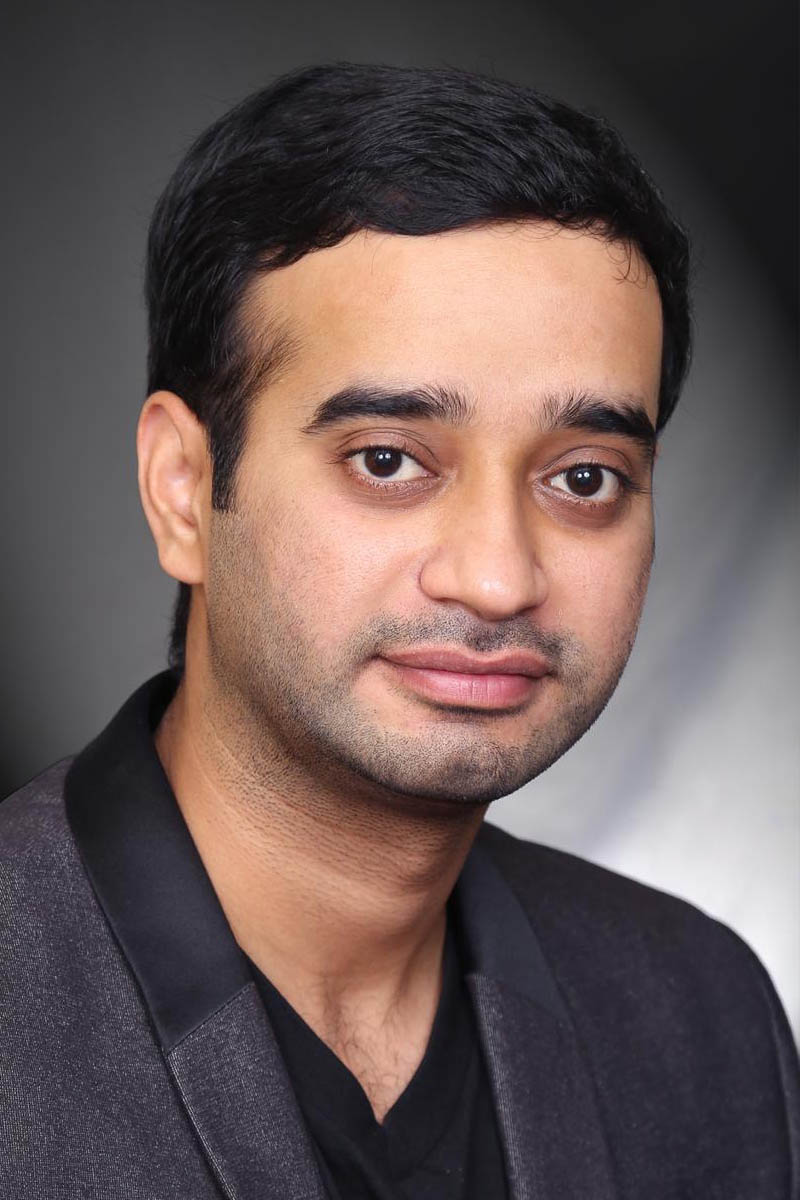

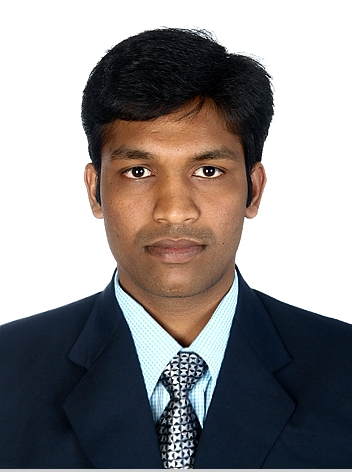
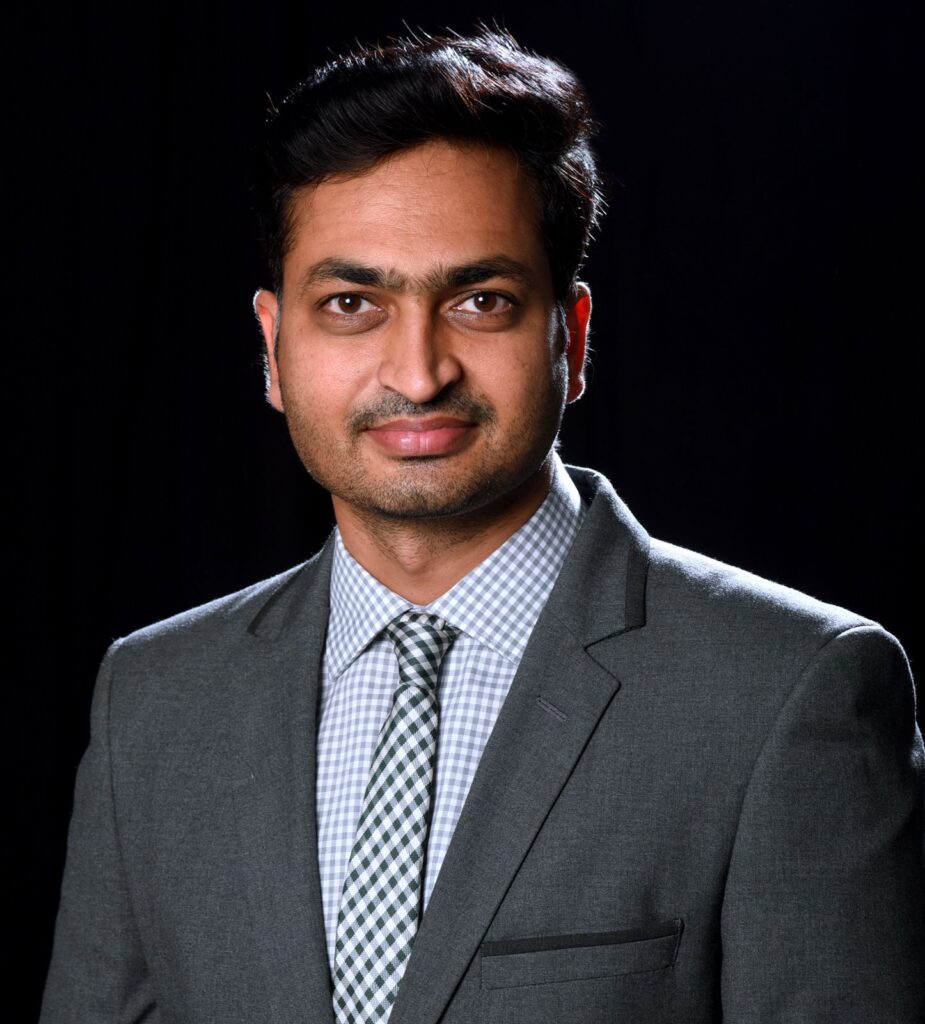
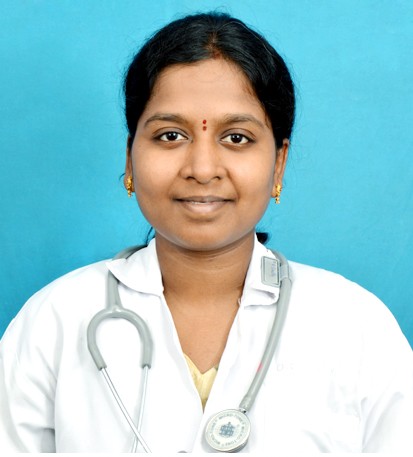
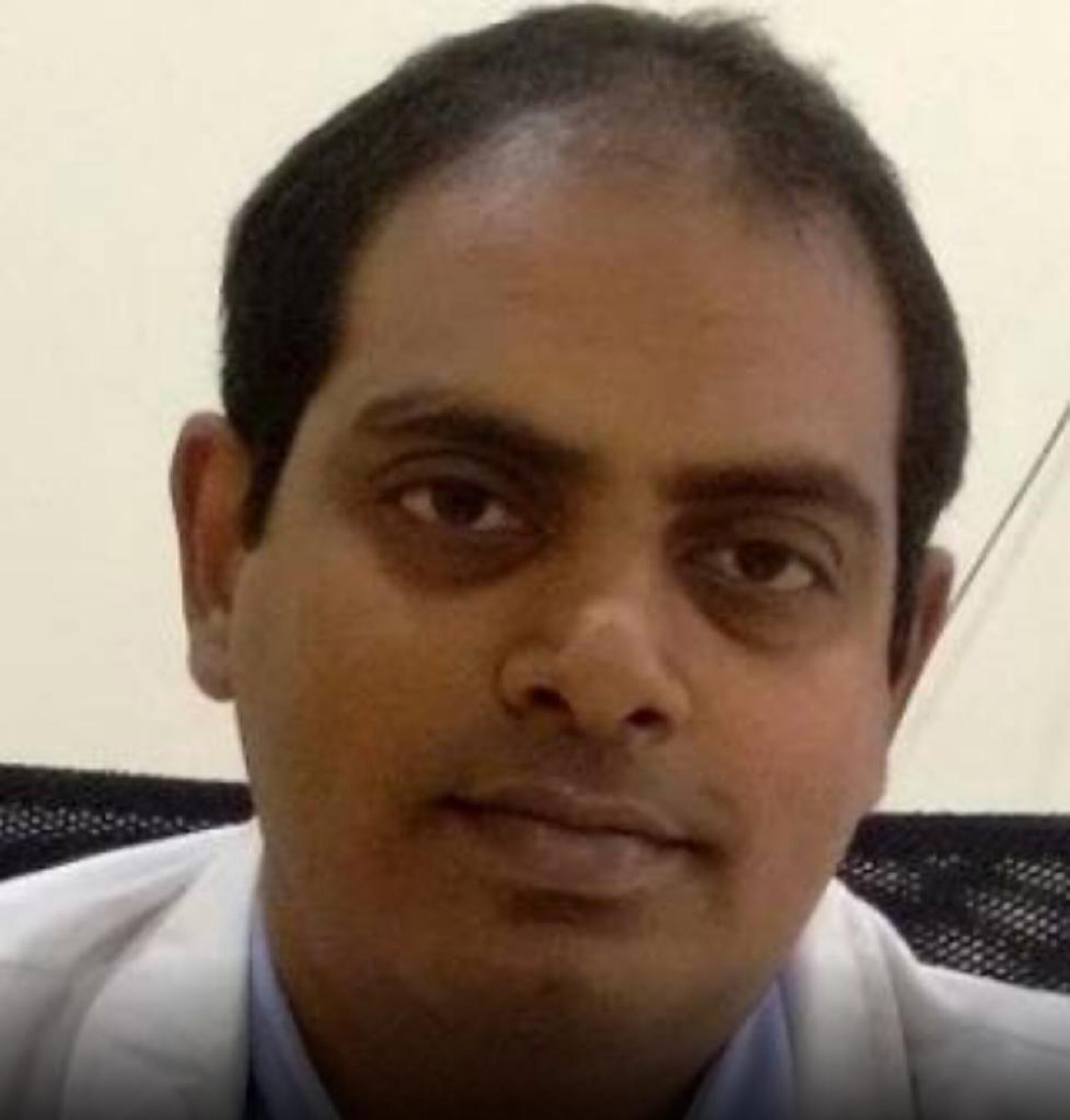
Doctor's talk
Discovering the World of Medicine through Doctors' Eyes
Understanding the Importance of Exercise for Orthopaedic Health
Introduction: As an orthopaedic doctor at VIRRD Hospital, I have witnessed the impact of exercise on musculoskeletal health firsthand. Many
Ensuring Comfort and Safety During Surgical Procedures
Introduction: As an anesthesiologist at VIRRD Hospital, I have the privilege of playing a crucial role in ensuring patient comfort
Restoring Mobility and Enhancing Quality of Life : Orthopedic
Introduction:As an orthopedic specialist at VIRRD Hospital, I have witnessed the transformative impact of orthopedic care on patients' lives. In
Restoring Health and Promoting Well-being : General Surgery
Introduction:As a general surgeon at VIRRD Hospital, I have dedicated my career to providing compassionate and comprehensive surgical care to
Empowering Lives Through Advanced Care and Innovative Solutions
Introduction:As a urologist at VIRRD Hospital, I am privileged to witness the positive impact that urology care can have on
Healthy Diet for Otho Patients
hgckhghgckbhvckjvkjhcvmhb mbv jhvkjhvckckgh hgckhgkjchjb /nb bn jhvj
